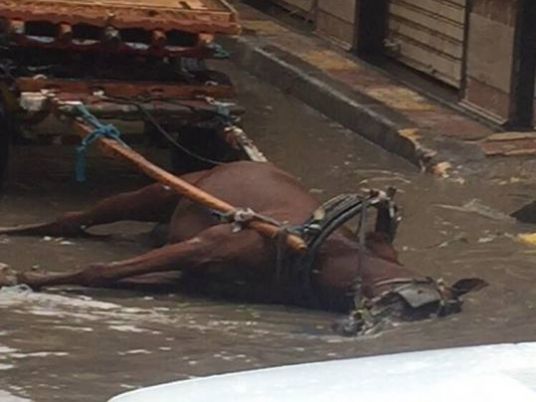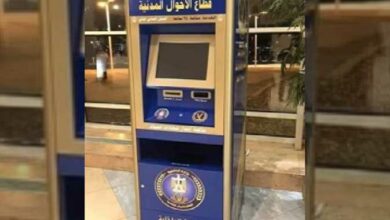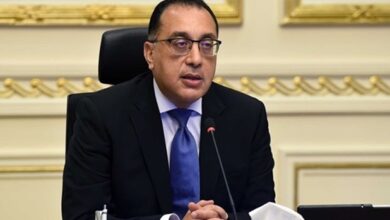As the trial of former President Hosni Mubarak, his sons and his subordinates for the killing of protesters continues apace, expecting the testimonies of Field Marshall Hussein Tantawi and Chief of Staff Sami Anan on 24 September, it seems the case against former Interior Minister Habib al-Adly is much stronger than the one against the former president, according to plaintiff lawyers.
Some plaintiff lawyers are concerned that as of now not enough evidence has been produced to tie Mubarak to ordering protesters dead in contrast to the evidence available against Adly. Mubarak, Adly and six of Adly's aides are charged with being responsible for the deaths of the protesters. Also Mubarak, his sons Alaa and Gamal, and businessman Hussein Salem are charged with squandering public funds and profiteering.
The court has heard in recent days the testimonies of former Vice President Omar Suleiman, former Interior Minister Mahmoud Wagdy and the current Interior Minister Mansour al-Essawy. As is expected with Tantawi and Anan, these testimonies were held in closed sessions and will have a gag order of publishing details about their testimonies.
Amir Salem, one of the plaintiff lawyers, said, “I am not very optimistic right now with the secrecy surrounding the witnesses. The people need to know what is being said, and banning their publication is something that I feel is unrelated to the case itself. Not publishing the testimonies serves the defendants and not Egypt’s national security, as is claimed.”
Another of the lawyers, Mohamed Abdel Aziz, is more optimistic at least in the evidence mounting against Adly, whose implication in ordering the deaths of the protesters was “obvious," especially after the testimonies of Police Commander Essam Shawky and General Hassan Abdel Hamid, respectively the eighth and ninth witnesses of the trial.
Shawky told the court that Adly had ordered the quelling of protesters by “any means” and Abdel Hamid spoke of “Plan 100," a secret plan drawn up by the ministry to prevent protesters from reaching Tahrir Square.
However, the testimonies of Suleiman, Wagdy and Essawy “disheartened” Abdel Aziz, placing more emphasis on what Tantawi will say in court.
Tantawi insinuated that the armed forces refused to obey orders to fire at protesters during a speech he gave to graduates of the Police Academy on 15 May. The only person who could have given such an order at the time was the then-Supreme Commander of the Armed Forces, Hosni Mubarak. What Tantawi will say exactly has remained a mystery, and all will be waiting to hear his seminal testimony.
“The case is very strong against the defendants, and the criminal evidence is great,” Salem said. “The prosecution has built a strong case but the conditions of the trial worry me. We are talking about a regime that actively murdered its own people, not a street brawl.”
There is also the case of police snipers that killed protesters during the 18-day uprising. Essawy has repeatedly denied that the Interior Ministry ever had sniper units. However, secret ministry documents obtained by Al-Masry Al-Youm contain details on sniper teams run by the ministry. Wounded witnesses recounted to Al-Masry Al-Youm how they were fired at by snipers from strategic positions, who allegedly aimed at protesters in the midst of crowds to create a chilling effect.
Investigations into the case also discovered that cameras belonging to security forces had filmed the events in the early days of the revolution at the Egyptian Museum and the Maspiro radio and television building, which both have a view of Tahrir Square. The plaintiff lawyers have repeatedly demanded the Interior Ministry submit this footage to the court, though it is unclear whether the surveillance equipment at the museum and Maspiro buildings uses roll-over technology, which automatically records new surveillance footage on top of old footage.
However, most of the evidence right now points at Adly, not Mubarak. While there is a strong case against Mubarak for illegal profiteering, Abdel Aziz said, so far it is not as strong as the case for ordering live fire on protesters.
“The worry is about Tantawi’s testimony though,” he said. “It will be a historic moment – either he says Mubarak ordered the death of protesters like he did in his Police Academy speech or he doesn’t.”




